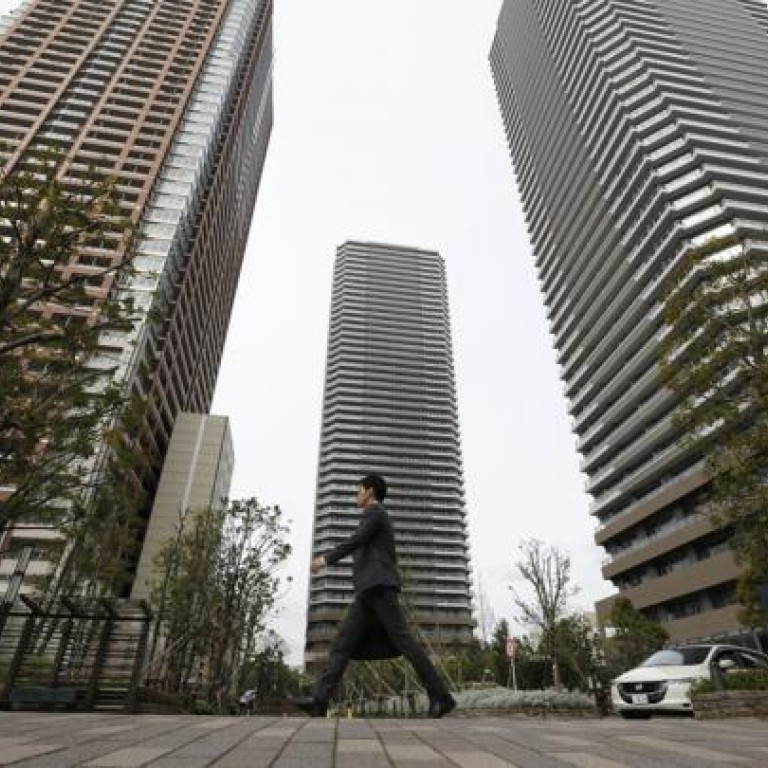
Goodman to raise rents in Japan as land, building costs jump
Jump in land and building costs prompts move and comes amid effort to end deflation
Goodman Group, the world's second-biggest industrial property manager by market value, plans to increase rents in Japan by about 5 per cent amid rising land and construction costs.

The logistics property market in Tokyo is rebounding from record-high vacancy rates three years ago amid increasing demand for modern storage. The city is Asia's second-most active warehouse market after Hong Kong with US$1.6 billion of transactions in the past one year, according to New York-based Real Capital Analytics.
"What we have seen in the last six months is a sharp increase in land prices for logistics," said McGarry in an interview in Tokyo, declining to provide an estimate of how much land prices have risen. "There will be less supply moving forward just because the numbers don't add up."
The plan to increase rents comes as Japan accelerates efforts under Prime Minister Shinzo Abe to end deflation and boost the world's third-largest economy. Japan's property industry has been struggling since an asset bubble burst two decades ago. The government has a target to increase assets owned by real estate investment trusts by 40 per cent by 2020.
The capitalisation rate, a measure of investment yield, for office buildings in Tokyo declined to 6.4 per cent in February from 6.7 per cent a month earlier, according to Real Capital Analytics. A drop in the cap rate, which is a property's net income divided by the purchase price, usually signals an increase in real estate prices.
The vacancy rate for warehouses in the Tokyo metropolitan area fell to 3.7 per cent in the fourth quarter from 5.2 per cent a year earlier, CBRE Group said. The rate has been in decline from a peak of 20 per cent in September 2009.
Goodman, which has US$22 billion of properties under management globally, is currently developing a combined 43.3 hectares of space in Tokyo and Osaka metropolitan areas, according to the company. That is more than half of 70 hectares of space it has developed since 2005, McGarry said. The developer is currently looking at half a dozen opportunities, he said.
"We think the demand is there if you can get the metrics to work," said McGarry. "From the capital perspective, we've really got unlimited capital as long as we can find the opportunities."
Goodman said in September it had partnered with Abu Dhabi Investment Council to buy warehouses in Japan.
With US$500 million of borrowings, the fund can buy about US$1.2 billion worth of warehouses in the country, McGarry said. The venture has invested US$700 million so far, consisting of four properties under development, he said.
Modern distribution facilities - which have bigger floor space that allows trucks to reach every floor via ramps, reducing time needed to load and unload goods - only account for 2 per cent of the total warehouse space in Japan, according to data compiled by LaSalle Investment Management.
Industrial spaces returned 4.4 per cent in 2012, more than double the total return for office properties, according to London-based Investment Property Databank.
